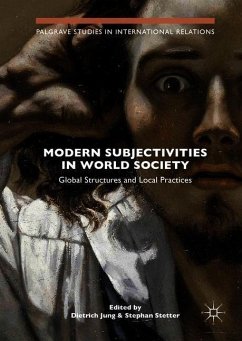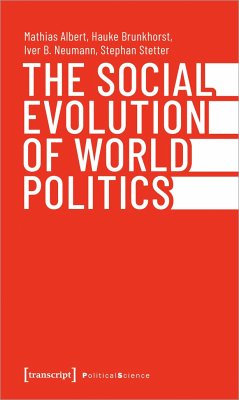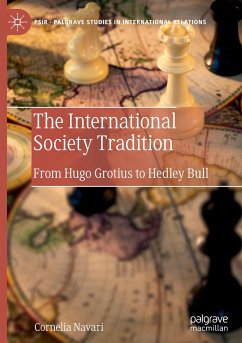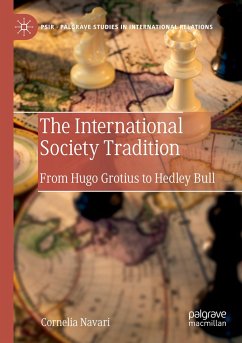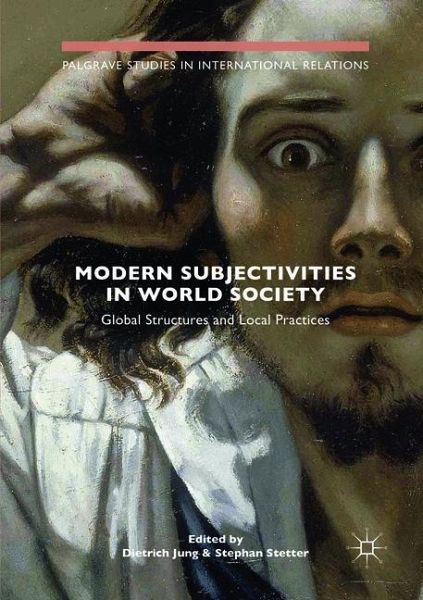
Modern Subjectivities in World Society
Global Structures and Local Practices
Herausgegeben: Jung, Dietrich; Stetter, Stephan
Versandkostenfrei!
Versandfertig in 6-10 Tagen
68,99 €
inkl. MwSt.

PAYBACK Punkte
34 °P sammeln!
This book brings together theories of world society with poststructuralist and postcolonial work on modern subjectivity to understand the universalising and particularising processes of globalisation. It addresses a theoretical void in global studies by attending to the co-constituted process through which modern subjectivities and global processes emerge and interact. The editors outline a key problem in global studies, which is a lack of engagement between the local/particular/individual and the 'universalising' processes in which they are situated. The volume deals with this concern with co...
This book brings together theories of world society with poststructuralist and postcolonial work on modern subjectivity to understand the universalising and particularising processes of globalisation. It addresses a theoretical void in global studies by attending to the co-constituted process through which modern subjectivities and global processes emerge and interact. The editors outline a key problem in global studies, which is a lack of engagement between the local/particular/individual and the 'universalising' processes in which they are situated. The volume deals with this concern with contributions from historical sociologists, poststructuralist and postcolonial scholars and by focusing in the Middle East, religion in global modernity and non-human subjectivities.



